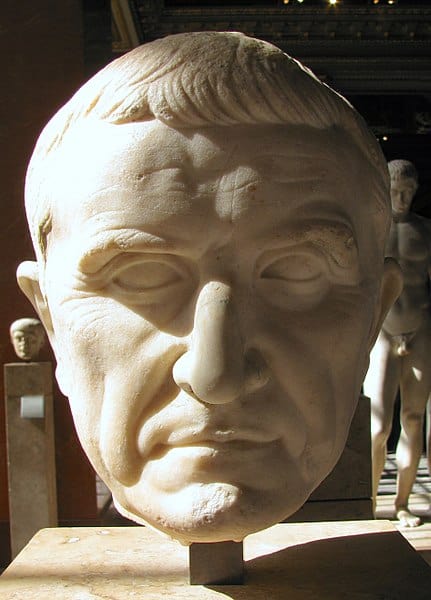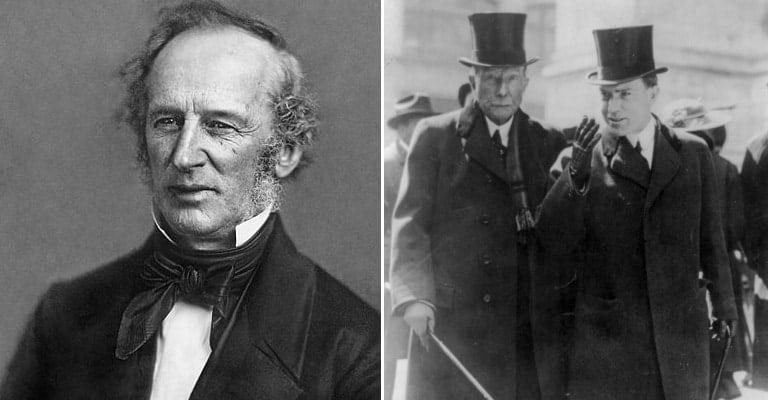As The Beatles famously pointed out: “money can’t buy me love”. Despite this, a brief overview of human history depicts a species desperately attempting to climb over one another in the pursuit of greatest riches. Whilst many failed, a small minority succeeded and amassed ludicrously large fortunes, often at the expense of others. For the purposes of this list, absolute rulers or conquerors, such as Henry V of England or Genghis Khan, are ignored.

Despite theoretical ownership of all the lands under their dominion, and thus possessing incalculable wealth – with Augustus Caesar’s estimated to exceed $4.6 trillion as he technically personally owned Egypt – ownership over these feudal properties was more abstract in practice and this list elects to focus on more immediate possessions and personal accumulations. Likewise, all valuations in terms of dollars have been adjusted for inflation and are as close to approximations as can be calculated in today’s terms.
Here are 20 of the wealthiest individuals to have ever lived:
20. Marcus Licinius Crassus – nicknamed “Dives” meaning “The Rich” – is often reputed to have been the wealthiest man in ancient history, enjoying an estimated net worth equivalent to $20 billion.

Marcus Licinius Crassus (b. 115 BCE) was a Roman general, politician, and early supporter of Julius Caesar. Inheriting a vast fortune of seven million sesterces – a silver coin of moderate value – after the death of his father in 87 BCE, during the dictatorship of Lucius Cornelius Sulla (82-81 BCE), Crassus took advantage of the policy of proscription to increase his wealth to monumental levels. Under prescription, a condemned man was forfeit his property and his possessions were sold off to the highest bidder. Leveraging his inheritance, Crassus bought entire neighborhoods of Rome at under-market value during this period.
Using this wealth to enter politics, Crassus, along with Pompey the Great and Julius Caesar, came to dominate the final period of the Roman Republic as the First Triumvirate. Appointed Governor of Syria, Crassus was killed in 53 BCE at the Battle of Carrhae against the Parthian Empire. Without his moderating influence, the power balance collapsed. Just four years later, Caesar crossed the Rubicon and the Roman Republic entered its final days. Crassus’ eventual wealth is estimated at between 170 to 200 million sesterces – approximately equal to the annual budget of the Roman treasury – and roughly $20,000,000,000 today.

